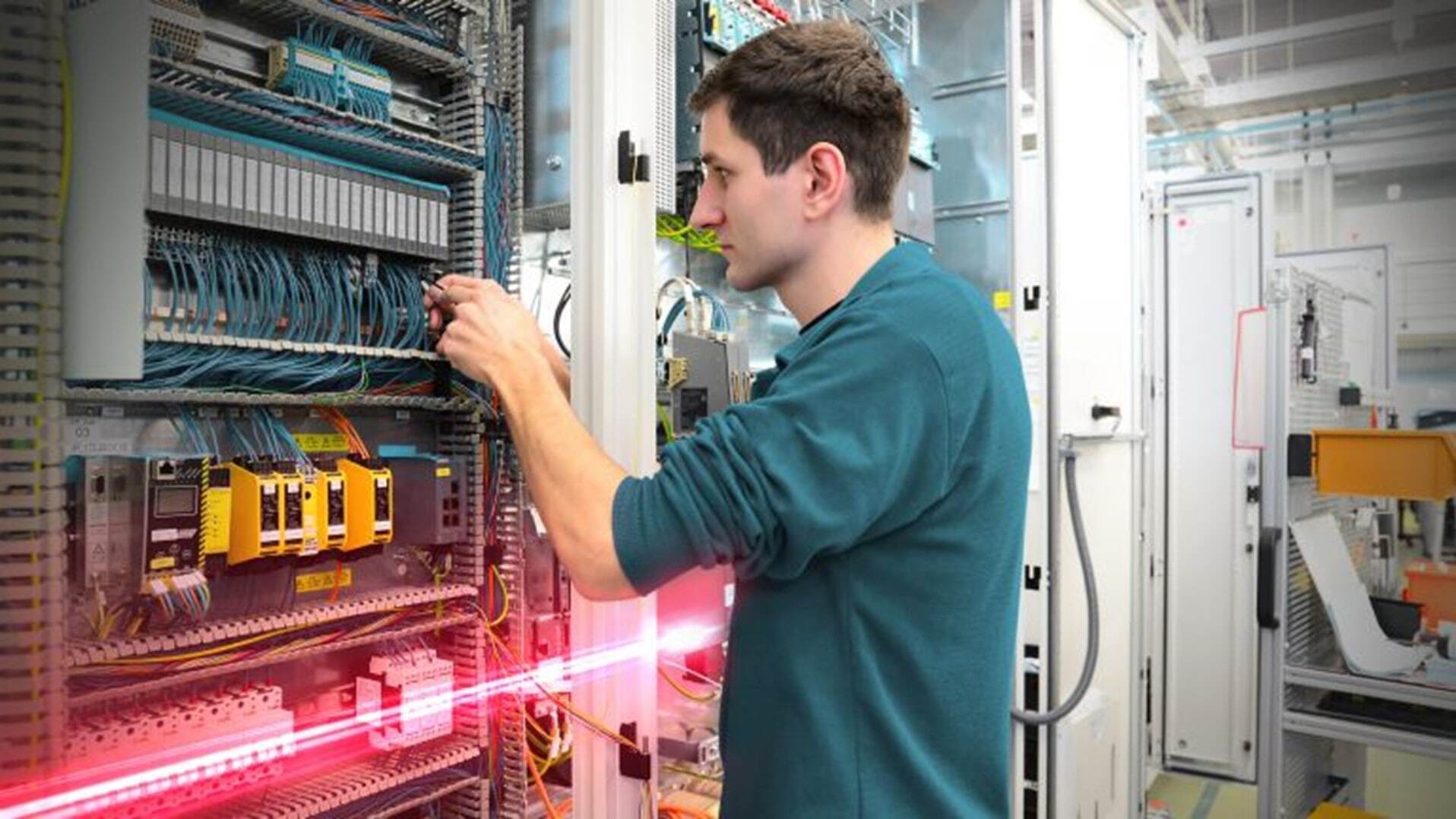
A Dive Into Electrical Control Panels
What are Electrical Control Panels, And Why Are They Important/Where Are they Used?
Electrical control panels are plastic or metal enclosures that contain vital electrical components – specifically those that monitor and control certain mechanical processes. They are essentially the backbone of modern electrical systems, and are vital in managing and controlling devices such as motors, pumps, lighting equipment etc. This means it’s essential to maintain and check these panels regularly. Join us as we dive into all things electrical control panels!
Why Are Electrical Control Panels Important?
These control panels are critical because they keep the equipment inside safe – while ensuring that people are less likely to suffer injuries from touching sensitive electrical devices. The electrical system could take damage from power surges, short circuits, or other types of electrical faults, so the panel contains various safety features that help to prevent electrical fires, explosions, and other hazards.
In addition to safety features, the panel also includes various controls and indicators that allow operators to monitor and control the performance of the electrical system - it acts as a central hub for electrical systems - making it easier for electricians to conduct work.
Electrical control panels are a key part of virtually any building or system that uses electricity. The scale of this affects the size of the panel, with heavy plants using 11 kV panels. It’s vital that only qualified personnel access these panels, and companies that have them usually have strict policies in this regard.
Components Of Electrical Control Panels
There are different types of electrical control panels available, depending on the specific needs of the system. Some panels are designed to be used in industrial settings, while others are designed for use in commercial or residential applications. The type of panel used will depend on factors such as the size and complexity of the electrical system, the number of devices that need to be controlled, and the specific requirements of the system.
Electrical control panels contain many essential components; the most important being the enclosure itself, as this is what stores and protects other core components. It often also serves as a defensive barrier between the hazardous electrical circuits and those on the other side, lowering the risk of accidents.
The panel’s isolator switch attaches to the enclosure to isolate the circuit, making sure that it’s de-energised to allow for comprehensive and safe maintenance. This helps staff work on one specific circuit without disrupting the others and makes sure they can safely conduct any necessary electrical work.
Circuit breakers are another component that ensures safety – with an emphasis on protecting equipment from any significant voltage changes. These devices interrupt the flow of electricity to prevent overloads, which can possibly lead to fires; though some circuit breaker variants only disconnect the electricity without protecting it from faults.
A power distribution system is when multiple panels connect to one another, though this may come with some risks. Take care with the system’s control circuits, as this can cause an electric shock, or even lead to a fire with improper treatment. An error which affects one panel may quickly affect the equipment and other panels that connect to it.
Understanding these panels and systems helps you understand how to best apply them for your home or firm. Rittal specialises in plastic and metal enclosures, which could both offer great protection to your control panel; for more on our comprehensive enclosure services, contact us today.
To see our full product range, download our comprehensive catalogue.



